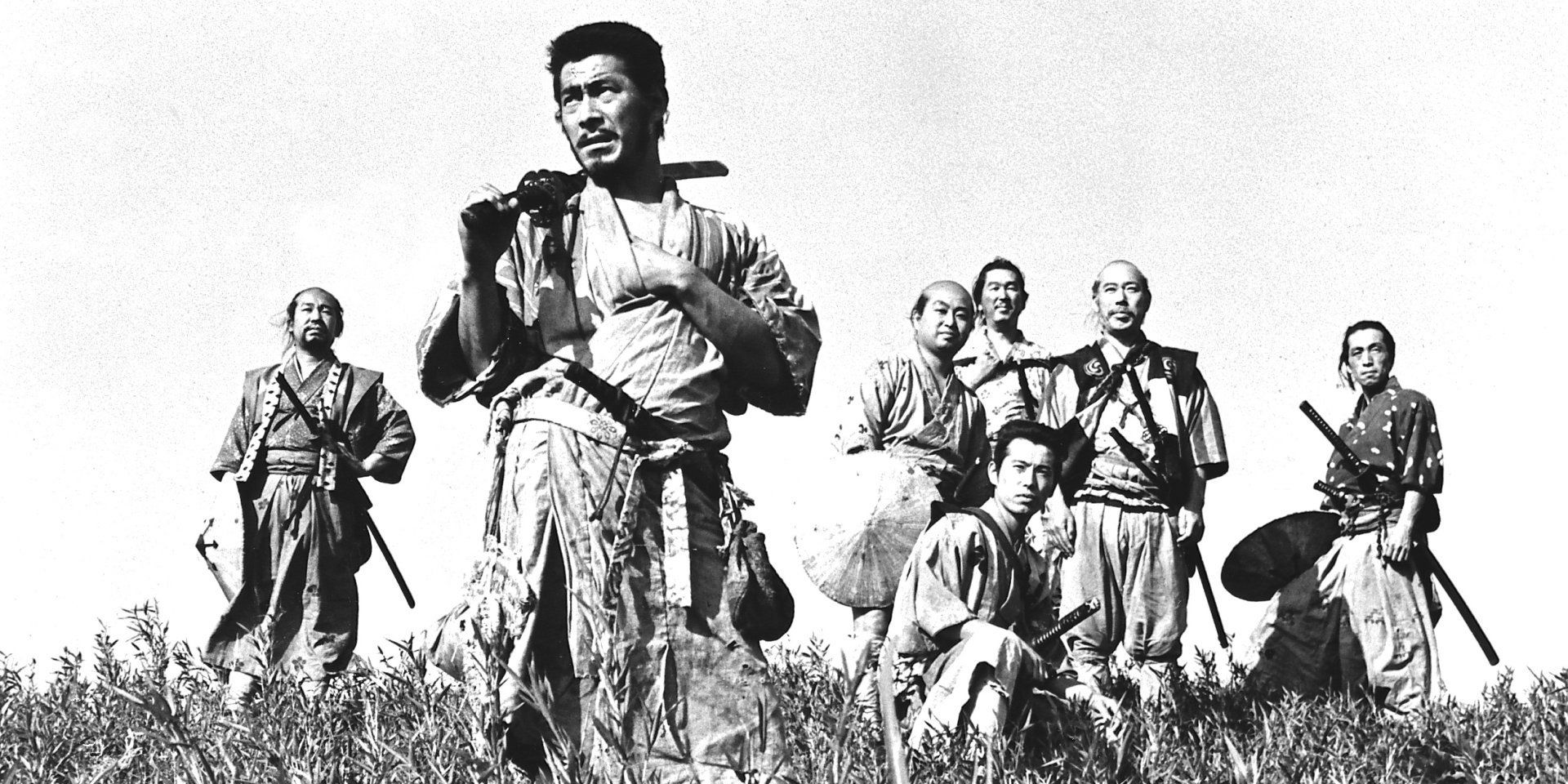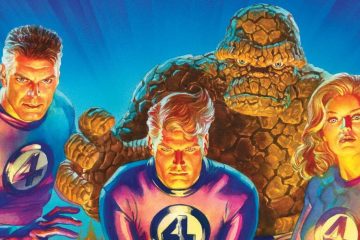Due to Akira Kurosawa and Masaki Kobayashi’s directorial prowess within the samurai genre, crafting a list of the greatest samurai films of all time is essentially just assembling the best works by Kurosawa and Kobayashi. Nine of the 32 films Kurosawa directed were within the samurai genre and each of the nine is iconic enough to qualify as one of the genre’s very best. Kobayashi’s two seminal samurai movies, Harakiri and Samurai Rebellion, are also undeniable masterworks of the genre that arguably belong among the top five samurai movies ever made.
While Kurosawa and Kobayashi’s samurai films are more well-known to Western audiences, the samurai genre has a plethora of other brilliant movies that are formative works of Japanese cinema. Auteurs such as Hiroshi Inagaki, Hideo Gosha, Kihachi Okamoto, and Kenji Misumi played an equally important role in the development of the samurai genre as Kurosawa and Kobayashi. Films such as The Sword of Doom, Three Outlaw Samurai, and Lady Snowblood rank as some of the greatest samurai movies not directed by Kurosawa or Kobayashi.
Led by Toshiya Fujita’s excellent direction, Lady Snowblood developed a cult following due to its combination of arthouse aesthetics with excessive exploitation-style violence. Critics routinely praise Lady Snowblood for its immaculate shot composition, complex non-linear narrative structure, and thematic exploration of the dying days of Japan’s feudal system. Howard Hampton wrote of the film, “Lady Snowblood interlaces multiple layers of mythic representation, modulating painterly visualization, heartrending overtones, scornful political commentary, Buddhist fatalism, and pulp absurdism along the crisscross lines of a comic-book Marat/Sade.” Lady Snowblood served as a major source of inspiration, both narratively and thematically, for Quentin Tarantino’s Kill Bill. Tarantino even used Lady Snowblood’s theme song, “The Flower of Carnage,” in Kill Bill: Vol. 1. In 1974, Fujita directed a sequel to Lady Snowblood, titled Lady Snowblood: Love Song of Vengeance.
Due to Akira Kurosawa and Masaki Kobayashi’s directorial prowess within the samurai genre, crafting a list of the greatest samurai films of all time is essentially just assembling the best works by Kurosawa and Kobayashi. Nine of the 32 films Kurosawa directed were within the samurai genre and each of the nine is iconic enough to qualify as one of the genre’s very best. Kobayashi’s two seminal samurai movies, Harakiri and Samurai Rebellion, are also undeniable masterworks of the genre that arguably belong among the top five samurai movies ever made.
While Kurosawa and Kobayashi’s samurai films are more well-known to Western audiences, the samurai genre has a plethora of other brilliant movies that are formative works of Japanese cinema. Auteurs such as Hiroshi Inagaki, Hideo Gosha, Kihachi Okamoto, and Kenji Misumi played an equally important role in the development of the samurai genre as Kurosawa and Kobayashi. Films such as The Sword of Doom, Three Outlaw Samurai, and Lady Snowblood rank as some of the greatest samurai movies not directed by Kurosawa or Kobayashi.
Led by Toshiya Fujita’s excellent direction, Lady Snowblood developed a cult following due to its combination of arthouse aesthetics with excessive exploitation-style violence. Critics routinely praise Lady Snowblood for its immaculate shot composition, complex non-linear narrative structure, and thematic exploration of the dying days of Japan’s feudal system. Howard Hampton wrote of the film, “Lady Snowblood interlaces multiple layers of mythic representation, modulating painterly visualization, heartrending overtones, scornful political commentary, Buddhist fatalism, and pulp absurdism along the crisscross lines of a comic-book Marat/Sade.” Lady Snowblood served as a major source of inspiration, both narratively and thematically, for Quentin Tarantino’s Kill Bill. Tarantino even used Lady Snowblood’s theme song, “The Flower of Carnage,” in Kill Bill: Vol. 1. In 1974, Fujita directed a sequel to Lady Snowblood, titled Lady Snowblood: Love Song of Vengeance.
#Samurai #Movies #Arent #Directed #Akira #Kurosawa #Masaki #Kobayashi
Note:- (Not all news on the site expresses the point of view of the site, but we transmit this news automatically and translate it through programmatic technology on the site and not from a human editor. The content is auto-generated from a syndicated feed.))



